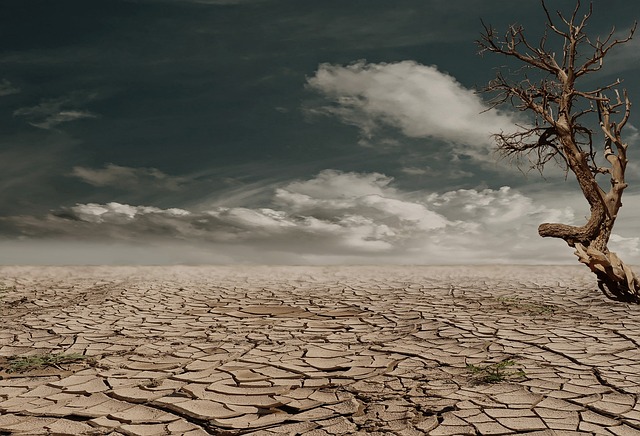The Vital Link Between Crop Rotation and Sustainable Farming
As the world grapples with the escalating challenge of desertification, the ancient agricultural practice of crop rotation emerges as a beacon of hope. Desertification, the relentless degradation of once-fertile land into arid, unproductive terrain, threatens not just food security but the very livelihoods of communities around the globe. Sustainable farming methods, particularly those that harness the power of natural cycles, are critical in turning the tide.
Understanding Desertification and Its Impact
Desertification is more than just soil erosion or barren fields; it represents a profound loss of biodiversity, diminished water retention, and disrupted ecosystems. Many regions facing this threat suffer from intensive, unvaried farming patterns that strip the soil of vital nutrients. This degradation makes the land vulnerable to drought and reduces its capacity to support crops, compounding food insecurity and economic hardship.
Why Crop Rotation Matters
Crop rotation is the strategic practice of growing different types of crops sequentially on the same land. This approach disrupts pest cycles, reduces disease build-up, and importantly, helps replenish soil nutrients naturally. Unlike monoculture farming, which exhausts the soil, crop rotation encourages biodiversity both above and below the ground.
By alternating deep-rooted plants with shallow-rooted ones, farmers optimize nutrient uptake and enhance soil structure. For example, legumes fix nitrogen in the soil, reducing the need for synthetic fertilizers, while grains might utilize other nutrients, balancing the soil’s health over time. This cyclical diversity plays a pivotal role in preserving soil integrity and moisture, critical defenses against the encroachment of deserts.
How Sustainable Farmers are Making a Difference
Farmers embracing crop rotation feel a profound connection to the rhythms of the earth. They witness firsthand how this practice reinvigorates degraded soils, turning what once seemed like lost land into thriving, productive fields. Crop rotation not only fosters soil vitality but also empowers communities to combat desertification sustainably—without relying solely on costly chemical inputs or unsustainable irrigation techniques.
Moreover, sustainable farming practices inspire a sense of stewardship. The act of rotating crops reaffirms that the health of the soil is intertwined with the farmer’s future. It is a commitment to restoring balance in ecosystems and safeguarding the land for generations to come.
Embracing a Future Rooted in Resilience
As individuals concerned about environmental sustainability and food security, we can appreciate the wisdom embedded in crop rotation. It teaches us that thoughtful, diverse, and cyclic cultivation is not merely agriculture—it is a lifeline to combating desertification. Through such sustainable farming practices, the hope for restoring earth’s depleted landscapes becomes tangible.
The fight against desertification is a shared responsibility, and sustainable methods like crop rotation offer an accessible, effective path forward. By supporting and spreading awareness about these practices, each of us can contribute to preserving fertile land and nurturing a healthier planet.



